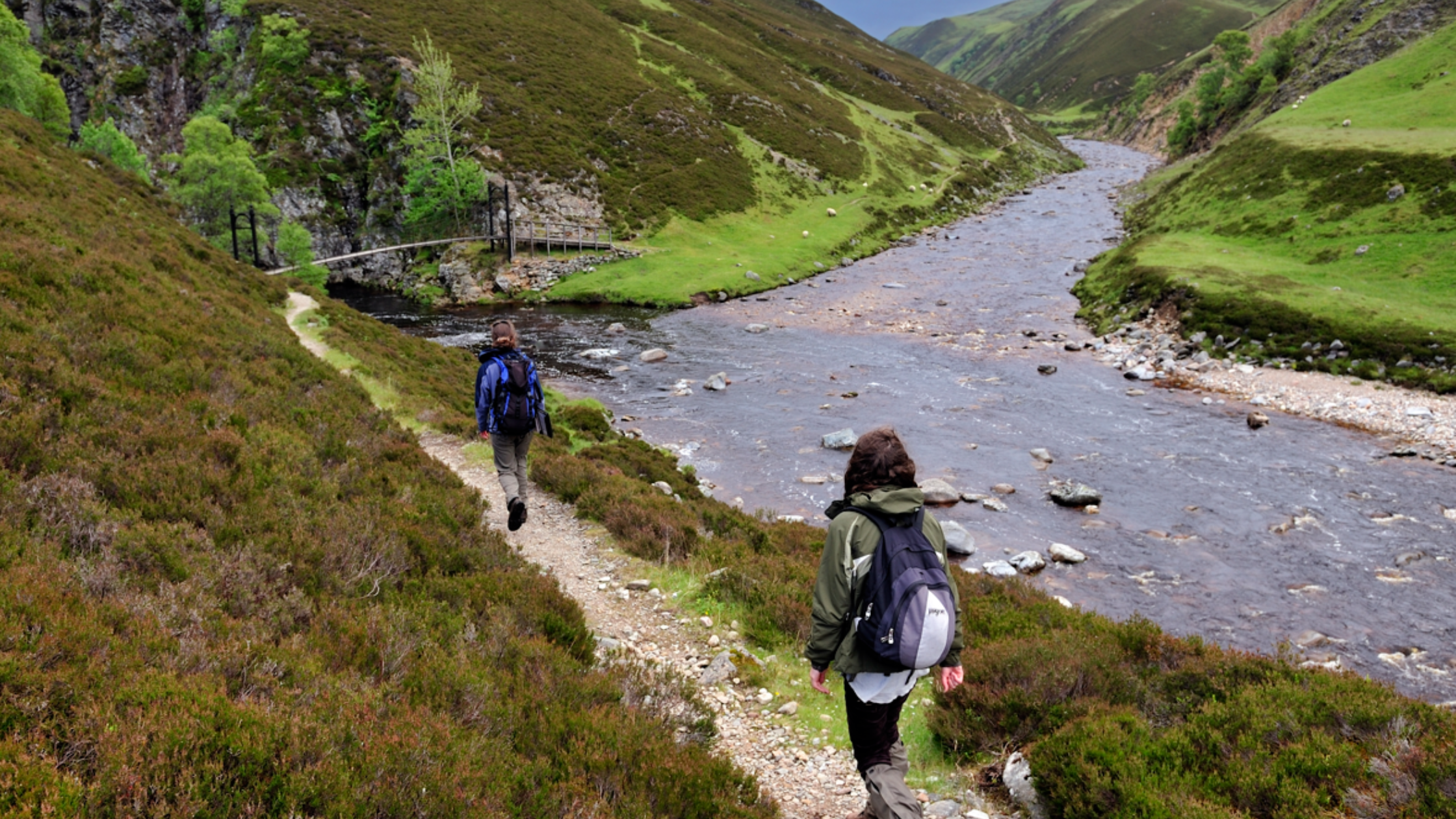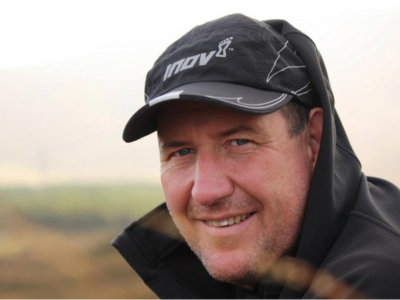Monday 5th May 2025, 2:32pm
By Cory Jones, First Aid Training Co-operative
The mountains offer a unique space for challenge, adventure, and personal growth. Many of us head outdoors to clear our minds, find perspective, or seek relief from the pressures of everyday life. But just as our bodies require care in the mountains, so too does our mental health. Whether we are climbing, hillwalking, or leading a group in remote terrain, understanding mental health is just as important as understanding physical well-being.
In this blog, we explore what mental health is, why it matters in outdoor settings, and how leaders and hillwalkers can create a supportive environment for themselves and others.
Mental health refers to our emotional, psychological, and social well-being. It affects how we think, feel, and behave in daily life, including how we handle stress, relate to others, and make decisions. Mental health exists on a spectrum, from positive mental well-being to periods of struggle and distress.
Just as physical health fluctuates, so too does mental health. Factors such as stress, trauma, life events, and even physical exhaustion can influence our emotional state, and the outdoors can amplify both the positives and the challenges.
The outdoors is often seen as a place of mental healing, and for many, time in nature is a powerful way to relieve stress and improve mood. However, challenging conditions, isolation and physical fatigue can also make the mountains a difficult place to manage emotions when mental health is already strained.
Some reasons why mental health awareness is crucial in outdoor settings include:
By recognising that mental health is an important part of outdoor experiences, we can create safer and more supportive environments for everyone in the hills.

There are practical steps we can take to support mental health in the mountains, both for ourselves and others:
1. Check in With Yourself and Others
Before heading into the hills, take a moment to check in:
Normalising pre-walk check-ins creates a culture where people feel comfortable talking about their well-being.
2. Be Aware of Stressors in the Outdoors
Difficult weather, navigational errors, and fatigue can all add mental pressure to a day in the hills. Recognising when stress is affecting decision-making is crucial, particularly in leadership roles.
3. Recognise When Someone May Be Struggling
If someone in your group is unusually quiet, hesitant, or disengaged, they may be finding the experience mentally challenging. Checking in early can prevent distress from escalating.
4. Encourage Positive Coping Strategies
Remind participants to focus on small, achievable goals, use breathing techniques to manage anxiety and take breaks when needed.
5. Know That It’s Okay to Talk About Mental Health
Just as we discuss route choices and safety procedures, mental health should be part of outdoor conversations. The more we normalise these discussions, the more people will feel supported in speaking up.
Understanding mental health is the first step in creating a more inclusive and supportive outdoor environment. In our next blog, we’ll explore how to spot the signs of someone in mental health distress and what practical steps we can take to help them in an outdoor setting.

Cory Jones is an International Mountain Leader with over 30 years of experience leading groups in the outdoors. As the founder of the First Aid Training Co-operative, he has dedicated his career to improving safety, first aid, and mental health awareness in outdoor settings. His organisation delivers specialist Mental Health First Aid courses tailored for outdoor professionals, equipping leaders with the skills to support participants in challenging environments.
Whatever you're going through, there are people you can talk to any time. You can:
These services are for anyone who's struggling. They won't judge you.
They're free, they're anonymous, and they're always open.